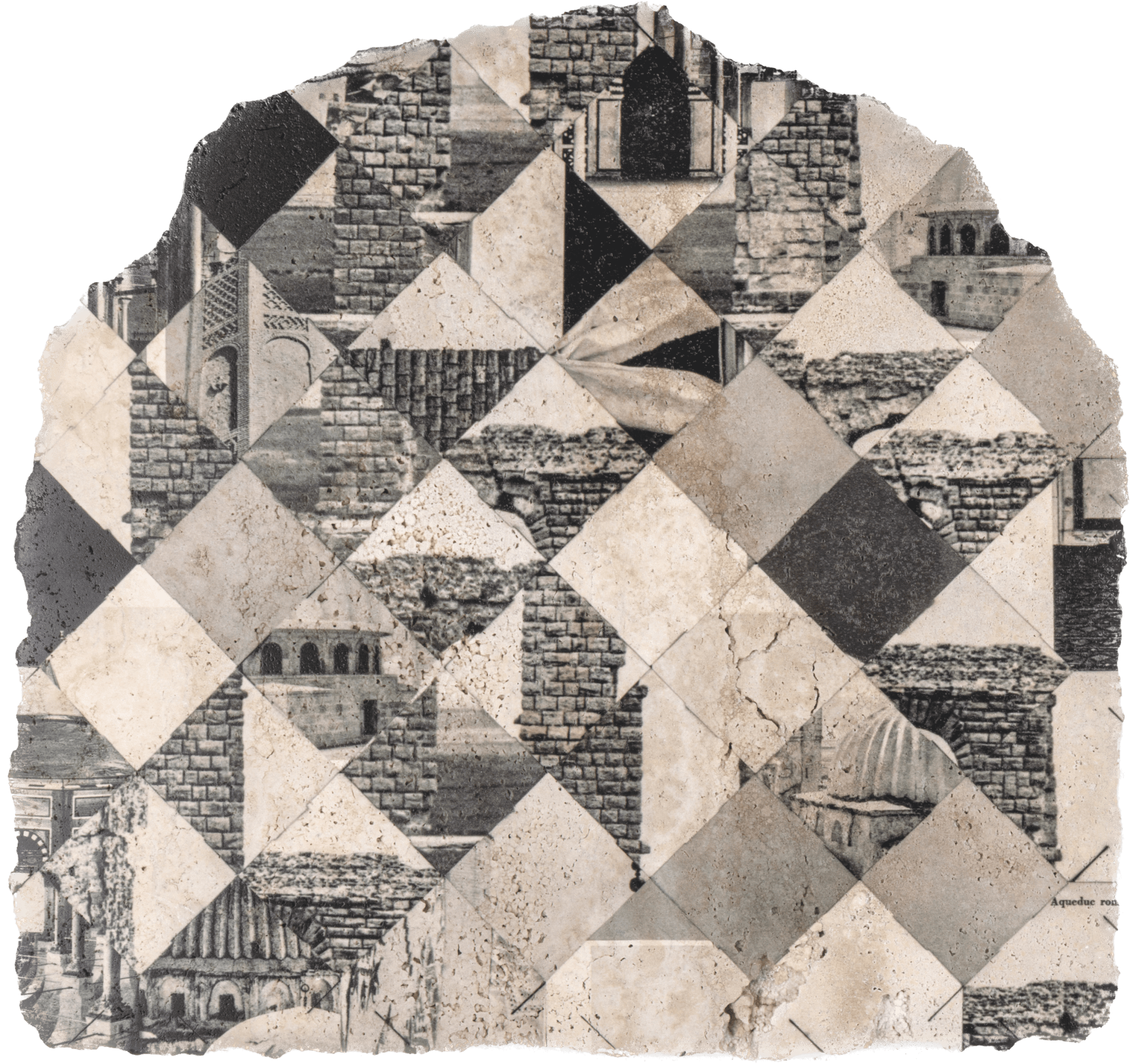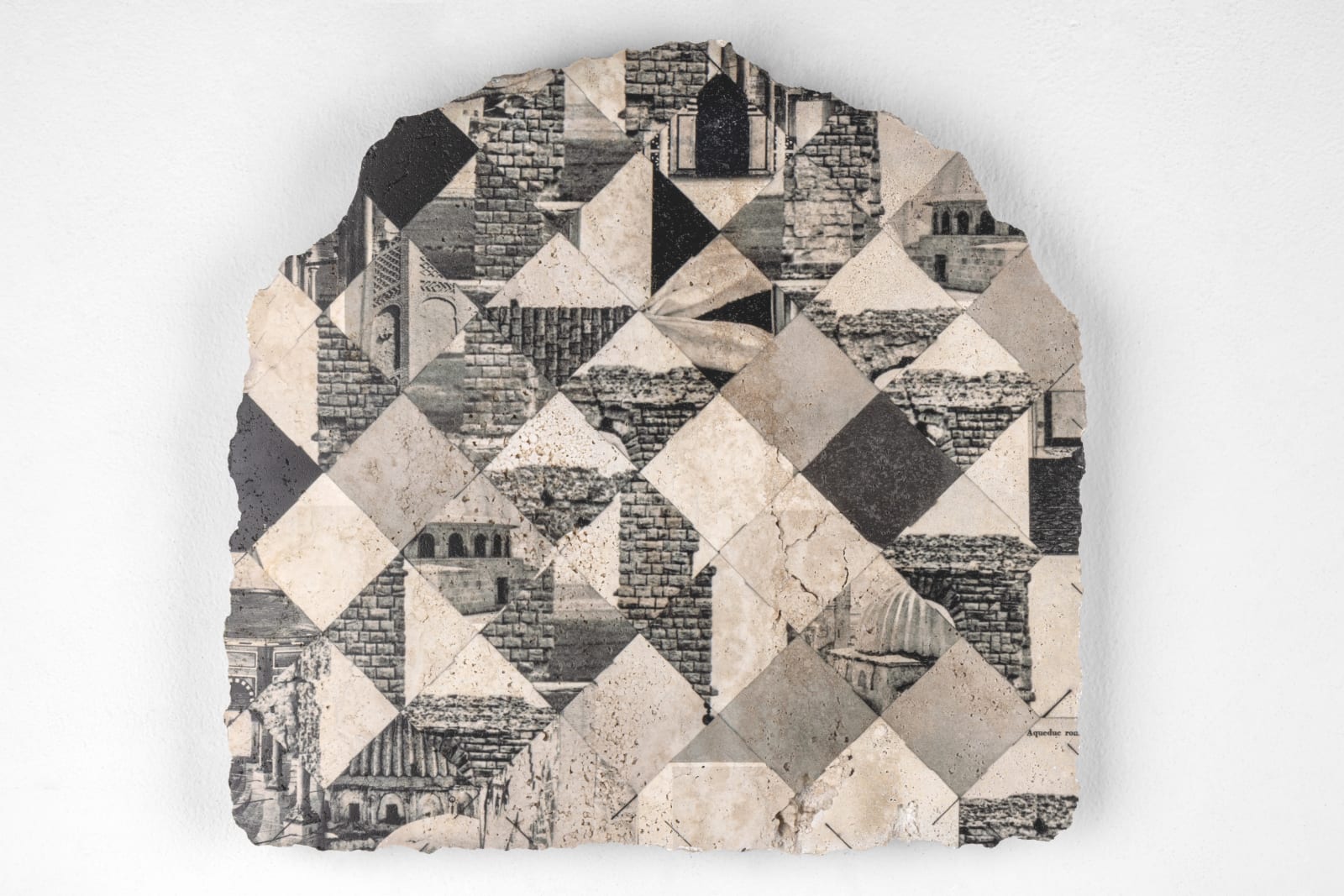

Catalina Swinburn b. 1979
Catalina Swinburn seeks to rescue ancestral rituals related to sacred places, original memory, and connected
geographies, creating works that translate into critical universal concerns including sustainability, identity, and
gender equality.
Constructing an oeuvre which seeks to revalidate the place of women throughout history, this exhibition
continues the work of Swinburn’s previous show, Revolutionary Myths, as she investigates the role of women in
traditional healing rituals.
Considering the mythological origins of medicinal herbalism, Swinburn contemplates how spiritual temples were
dedicated to select goddesses, in favour of their specific healing powers. Roman temples erected in honour of
goddesses Artemisia, Juno, Demeter, and Ariadne can all be related to sacred plants: the mother herb
(Artemsisia), the Chaste tree (Juno), Fig tree (Demeter), and Plany plant (Ariadne), documented in ancient Greek
texts for their medicinal and spiritual qualities.
In these works, documentation on ancient temples and sacred plants are interwoven, as an exploration of
syncretic spirituality. The botanical emblems which Swinburn weaves through her investitures resemble the
plants which grow around and within historic spiritual structures, such as the Zawiya temples.
The representation of these ritualistic spaces and practices, through the interdisciplinary use of weaving, text and
sound, transforms the space into a place for spiritual connection and resituated ritualistic experience.
NEWSLETTER
Get the latest updates on exhibitions, art fairs, events and exclusive content from Selma Feriani Gallery.
* denotes required fields
We will process the personal data you have supplied in accordance with our privacy policy (available on request). You can unsubscribe or change your preferences at any time by clicking the link in our emails.

